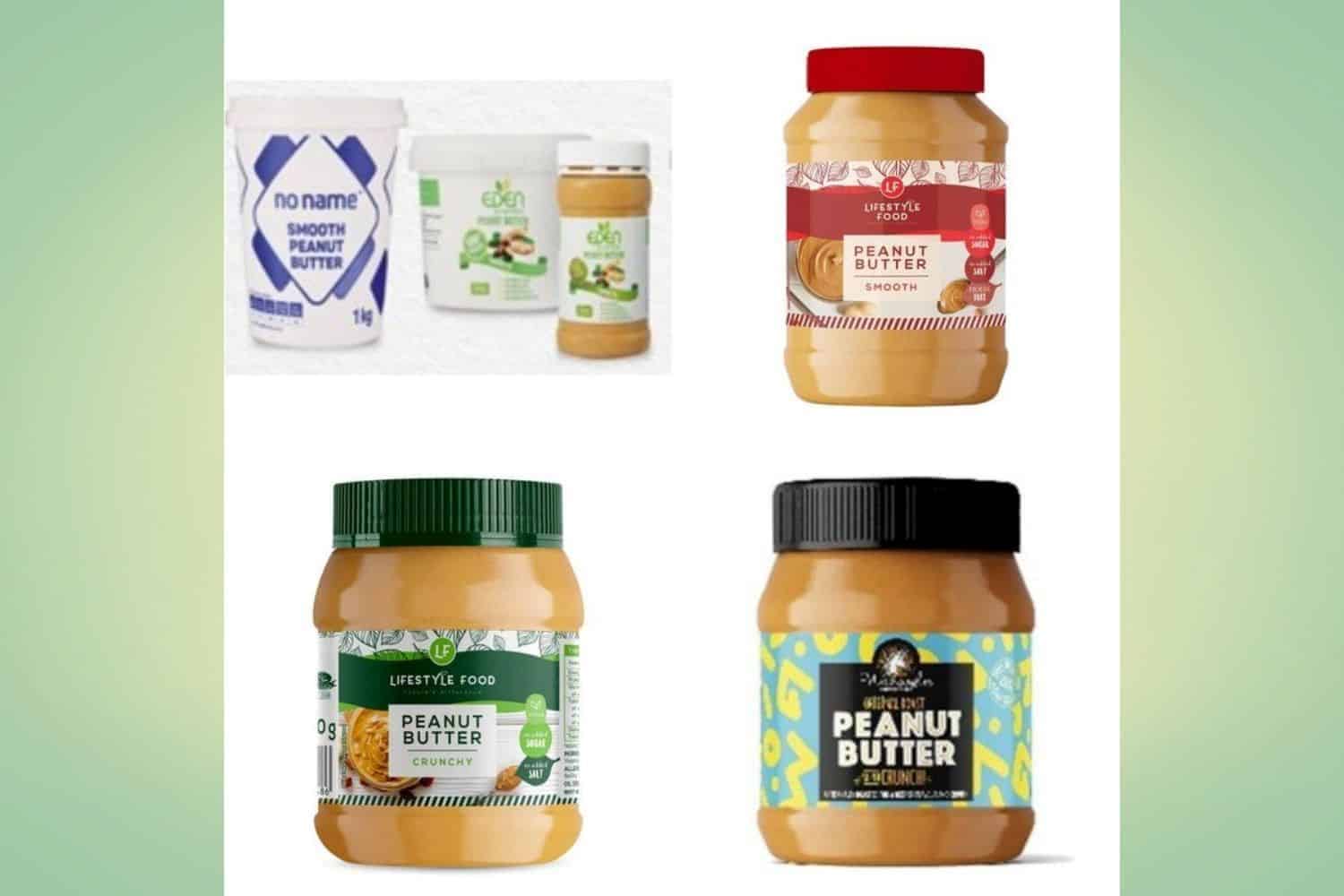A product recall is a request from a manufacturer to return a product after the discovery of safety issues or product defects.
The manufacturer of various brands of peanut butter agreed to pay an administrative fine of R500 000 for supplying peanut butter for various brands that was contaminated with aflatoxin.
Thousands of bottles of peanut butter were recalled in February last year.
The National Consumer Tribunal recently confirmed a settlement agreement between the National Consumer Commission (NCC) and House of Natural Butters trading as Eden All Butters.
The NCC investigated after it received peanut butter recall notifications from Dischem and Pick ‘n Pay regarding elevated levels of aflatoxin in certain brands of peanut butter.
When the NCC asked for more information from Dischem and Pick n Pay, its investigators discovered that both ordered their products from House of Natural Butters. The NCC then enquired about the processes when it makes peanut butter.
During the investigation, House of Natural Butters informed the NCC that it also produced peanut butter for other suppliers and subsequently recalled all affected products through a series of product safety recalls during February last year.
ALSO READ: More than just the spread: ‘Urgent investigation’ into all peanut products
How are recalls regulated?
Helen Michael, director at Werksmans Attorneys, says product recalls inevitably involve serious issues, including consumer welfare and manufacturer reputation and liability.
Recalls are primarily regulated in South Africa by the Consumer Protection Act (CPA) and enforced by the NCC.
The CPA applies generally to goods supplied to consumers, and the CPA broadly defines goods as anything marketed for human consumption or any other tangible product.
Recalls of certain specific products are also regulated more directly in sector-specific legislation.
Section 61 of the CPA provides for strict liability for producers, importers, distributors and retailers of goods where goods cause harm when they are “unsafe”, suffer from a “product failure, defect or hazard” or where goods were not accompanied by appropriate instructions or warnings.
ALSO READ: Peanut butter health risk spreading: More brands recalled due to high toxin levels
This is what the NCC investigation into peanut butter found
The NCC established that the affected products had higher than legally acceptable levels of aflatoxin as set out under R1145 Regulation Governing Tolerance of Fungus-Produced Toxins in Foodstuffs.
Based on this information, the NCC initiated an investigation into the affairs of the House of Natural Butters.
The investigation revealed that House of Natural Butters imported and supplied contaminated, decayed and impure peanuts, groundnuts and byproducts to South African consumers through various retailers between 11 May 2023 and 6 November 2023.
After completing the investigation, the NCC concluded that House of Natural Butters’ conduct was in contravention of regulation 3 of Regulation 638 of 20181 and regulation 2(b) of Regulation 1145 of 2004, read with section 2(1)(b)(i) of the Foodstuffs, Cosmetics and Disinfectants Act 1972, read with section 55(2)(b) and (d) of the CPA.
The NCC and the supplier concluded a settlement agreement on 25 February 2025, where the supplier agreed to pay an administrative fine.
The NCC then referred the settlement agreement to the Tribunal to confirm the settlement agreement and make it a consent order in terms of
ALSO READ: How product recalls protect SA consumers
Tribunal not happy with how peanuts for peanut butter were transported
In granting the consent order, the Tribunal noted that House of Natural Butters imported the peanuts from Malawi and Zambia using trucks and trailers, via land borders and port entries. “The trucks and trailers did not have the requisite certificates of acceptability required for transporting food.
“Further laboratory test results from various accredited food testing laboratories established that the products were contaminated, decayed and impure,” the Tribunal said.
According to an article developed by Anelich Consulting, which specialises in food safety, certain food commodities are prone to aflatoxin contamination.
ALSO READ: Peanut butter recall: What are aflatoxins and why are they dangerous?
What are aflatoxins and why are they dangerous?
Professor Lucia Anelich, a food safety expert, says in the article that aflatoxins are a group of toxins produced by several fungi, most importantly Aspergillus flavus and Aspergillus parasitics, which are found naturally in the environment as are most other fungi.
“Therefore, they can be present on different crops, such as cottonseed, maize, rice, some spices, cocoa beans, tree nuts and peanuts while growing in the field.
The aflatoxins are then produced by the fungi, mainly when these crops are stored incorrectly in warm and humid conditions after harvesting.”
She says in some cases, the toxins are produced in the commodities while still in the field and even figs have been found to be contaminated with aflatoxins.
Aflatoxins are potent liver carcinogens, capable of causing cancer in all animal species studied, including humans.
“However, an important point to make is that one of the most important concepts when dealing with any toxin is dosage.”
Hardin Ratshisusu, acting consumer commissioner, says the NCC welcomes this consent order as it finalises this matter against House of Natural Butters.
“Suppliers of food must ensure strict compliance with food safety regulations and the CPA.”
